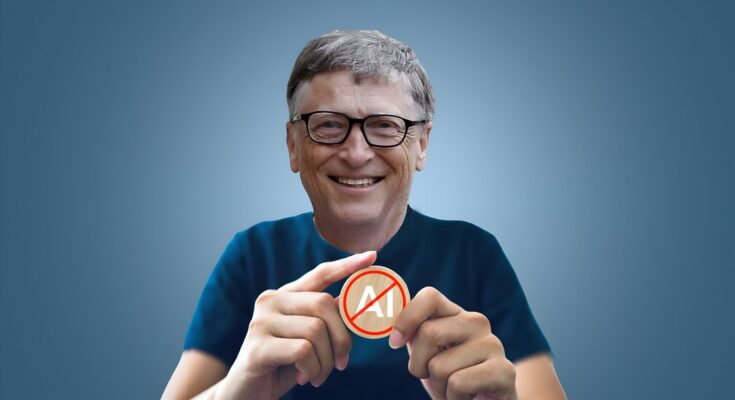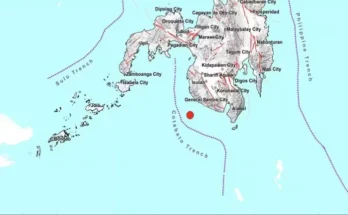In a recent discourse on the evolving landscape of employment, Microsoft co-founder Bill Gates projected that advancements in artificial intelligence (AI) will significantly reduce the necessity for human involvement in numerous professions within the next decade. However, he identified three fields—software development, energy management, and biological sciences—that are poised to remain indispensable despite the AI revolution.
The AI Revolution and Its Impact on Employment
Gates envisions a future where AI systems perform tasks that currently require specialized human skills, particularly in sectors like medicine and education. He anticipates that expert-level medical advice and personalized tutoring will become widely accessible and free, fundamentally altering these professions. While AI’s integration promises enhanced efficiency and innovation, it also raises concerns about significant job displacement across various industries.
Professions Expected to Endure the AI Shift
Despite the widespread influence of AI, Gates highlighted three professions that are expected to remain resilient:
1. Software Developers: The Architects of AI
Ironically, the individuals responsible for creating AI systems—software developers—are among those whose roles are expected to persist. While AI has demonstrated capabilities in generating code, it still lacks the nuanced understanding required for complex software development. Human programmers are essential for debugging, refining algorithms, and advancing AI technologies. Gates emphasized that AI will continue to rely on human expertise for its development and oversight.
2. Energy Specialists: Navigators of Complex Systems
The energy sector encompasses intricate systems that demand strategic oversight and decision-making beyond AI’s current capabilities. Whether dealing with oil, nuclear power, or renewable energy sources, human experts are indispensable for managing infrastructure, navigating regulatory frameworks, and driving innovation. Gates asserted that the complexity of the energy industry necessitates human involvement, making full automation unlikely.
3. Biologists: Pioneers of Scientific Discovery
In the realm of biological sciences, AI serves as a valuable tool for tasks such as disease diagnosis and DNA analysis. However, it falls short in areas requiring creativity and intuition, which are vital for groundbreaking scientific discoveries. Gates noted that while AI can assist in data analysis, the formulation of hypotheses and the exploration of uncharted scientific territories rely heavily on human intellect.
Preparing for an AI-Integrated Future
Gates acknowledges that his predictions may not be absolute, and the trajectory of AI’s impact on the job market remains uncertain. He draws parallels to previous technological revolutions, such as the Industrial Revolution and the advent of the internet, which redefined the workforce and the nature of work. Gates advises individuals to adapt by acquiring skills that complement AI technologies, emphasizing the importance of continuous learning and flexibility in navigating the evolving employment landscape.
A Final Note: A Human Future with AI
As AI reshapes the fabric of modern labor, the conversation isn’t just about survival—it’s about symbiosis. Gates’ predictions serve not as a death knell for human jobs but as a call to redefine them. Rather than resisting change, we can reimagine our roles in a world where machines handle routine tasks and humans lead with creativity, ethics, and emotional intelligence. Perhaps the real challenge isn’t whether AI will replace us, but how we’ll choose to evolve alongside it.



